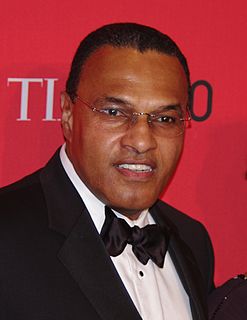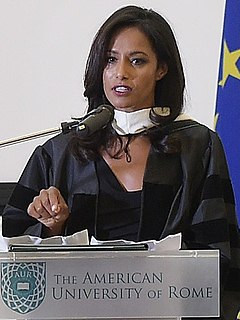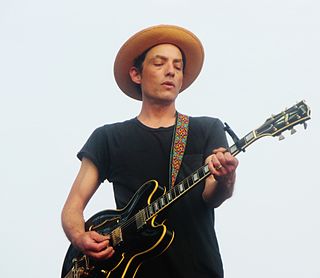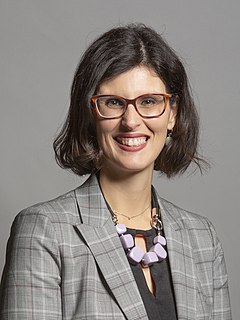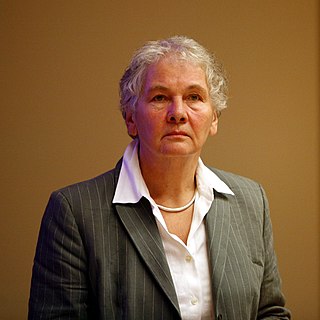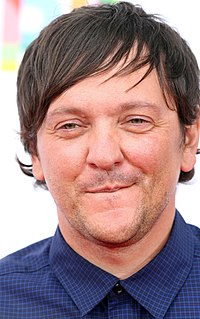A Quote by Justin Trudeau
I became a high school teacher for many years because it was a very tangible, concrete way where I could make a difference, and quite frankly, the kids didn't care who my father had been, because it was late '90s; none of them were around or remembered my father.
Related Quotes
I was 16 when my father died, and I had a choice to come back and live in his house or I'd stay at the school. But I felt if my father wanted me to go to that school when I was 5, there must have been a reason - and I understood that reason when I was a teenager, because that school became the only place where I was safe.
When I finished my degree I became a physics and maths teacher. And worked in the international school in Brussels, because like many kids, after University I went home going 'ahhh I don't know what to do'. I happened to fall upon a job there because they were desperate for a physics teacher which is a common theme among many schools.
I didn't like what was on TV in terms of sitcoms?it had nothing to do with the color of them?I just didn't like any of them. I saw little kids, let's say 6 or 7 years old, white kids, black kids. And the way they were addressing the father or the mother, the writers had turned things around, so the little children were smarter than the parent or the caregiver. They were just not funny to me. I felt that it was manipulative and the audience was looking at something that had no responsibility to the family.
In Sweden, I went to an English school, where there was a mishmash of people from all over the world. Some were diplomatic kids with a lot of money, some were ghetto kids who came up from the suburbs, and I grew up in between. There's a community of second generation immigrants, and I became part of that because I had an American father.
Once I got into high school, any time I had to do a talk or a speech, I just loved being up in front of an audience, it was always a character. And then I discovered that an impersonation of the teacher was a really, really good way to get a laugh, and it would also get you good marks, because the teachers were always bored and loved to be the "teacher-parody." So that became my little trick at school, and I became known for doing that.

